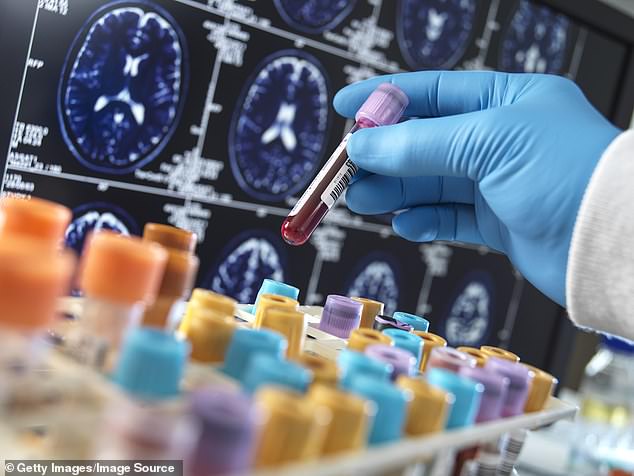NHS urged to prepare for a future where Alzheimer’s is treatable and even curable, experts say
Experts say the NHS must prepare for a future where Alzheimer’s is treatable and even curable.
Leading researchers say new treatments are “continuing to improve” patient outcomes and could even “eradicate” the disease.
The very first treatment that could slow the disease was given the green light in the UK, but was rejected by the NHS.
In a blow to tens of thousands of patients, lecanemab was deemed by drug watchdog NICE to be “too small a fee to justify the significant cost to the NHS”. Independent estimates put the annual cost at around £30,000 per patient.
New treatments being developed are ensuring ‘ever-improving’ outcomes for patients (stock image)

The very first treatment that could slow the disease was given the green light in the UK – but was rejected by the NHS (stock image)

The devastating disease could even be ‘eradicated’, leading researchers say (stock photo)
Sir John Hardy of the UK’s Dementia Research Institute said: ‘These drugs – lecanemab and donanemab and others coming – show we can modify the disease.
“That’s why researchers are so excited. From now on, things are going to get better and better every year.
‘I don’t want to destroy the NHS, but we do need to lobby the government to help the NHS organise itself so that patients can benefit from it from now on.’
Professor Sir Stephen Powis, NHS national medical director, said a final decision from NICE, expected next month, would be awaited.
